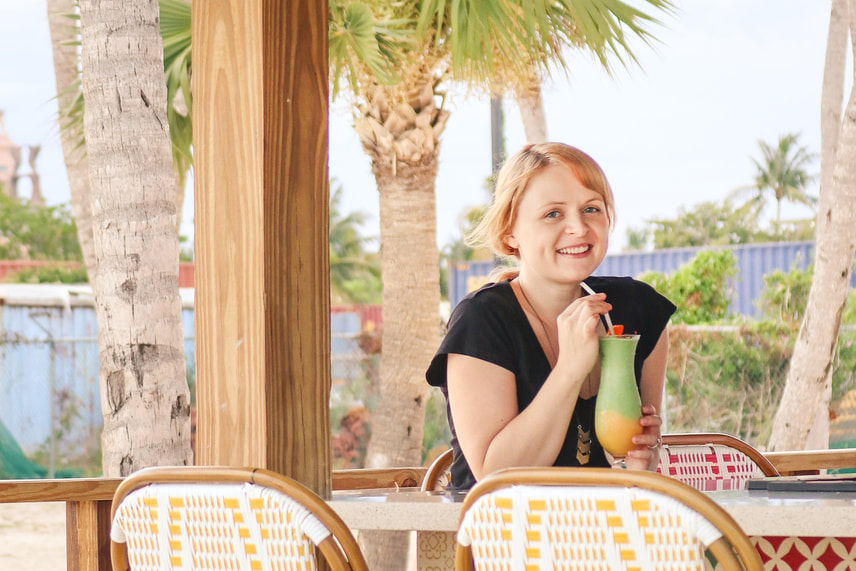|
By William Ballard Many of my friends -- those who tend to work in offices, firehouses, newsrooms, universities, and churches -- often ask me if travel writing is a "real job"... or is it just simply an excuse I use to leave town and get away from it all every now and then. My response: Albeit, it is quite an enjoyable job, it most certainly indeed is a job ... one that requires hard work and much dedication. With that said, it's important to make this clear from the outset, as a travel writer, you will have to spend many hours with your bum in a chair and your fingers typing away on a keyboard, however. Of all the kinds of writing you could be doing, such as writing novels, or writing for scholarly academic type journals, or even writing marketing copy, I am persuaded that travel writing is not only one of the most fun genres of writing you can be doing, but it is also probably one of the most rewarding in terms of the quality of life it helps provide. Here are a few reasons why
|
Company
Our Target Markets
|
Divisions (Products & Services)Ultimate Guides
|
Core Competences
Newsletters |
Risk Free & Satisfaction GuaranteeIf you are not completely satisfied, simply return the product, along with proof of purchase, within 14 days and you will receive a full refund (less shipping and handling).
Note: Excludes, MP3s and all other downloadable products. |
Privacy & SecurityAll your information is safe and secure. The entire transaction will take place on a secure server using SSL technology.
In order to be compliment with the new GDPR requirements, you can review our updated Privacy Policy HERE. |
Having Trouble Placing Your Order?Please email us at [email protected]
We'll be happy to assist you. LETS GET SOCIAL
|
Copyright © William Ballard & Associates, LLC (2023 - 2028) • All Rights Reserved








